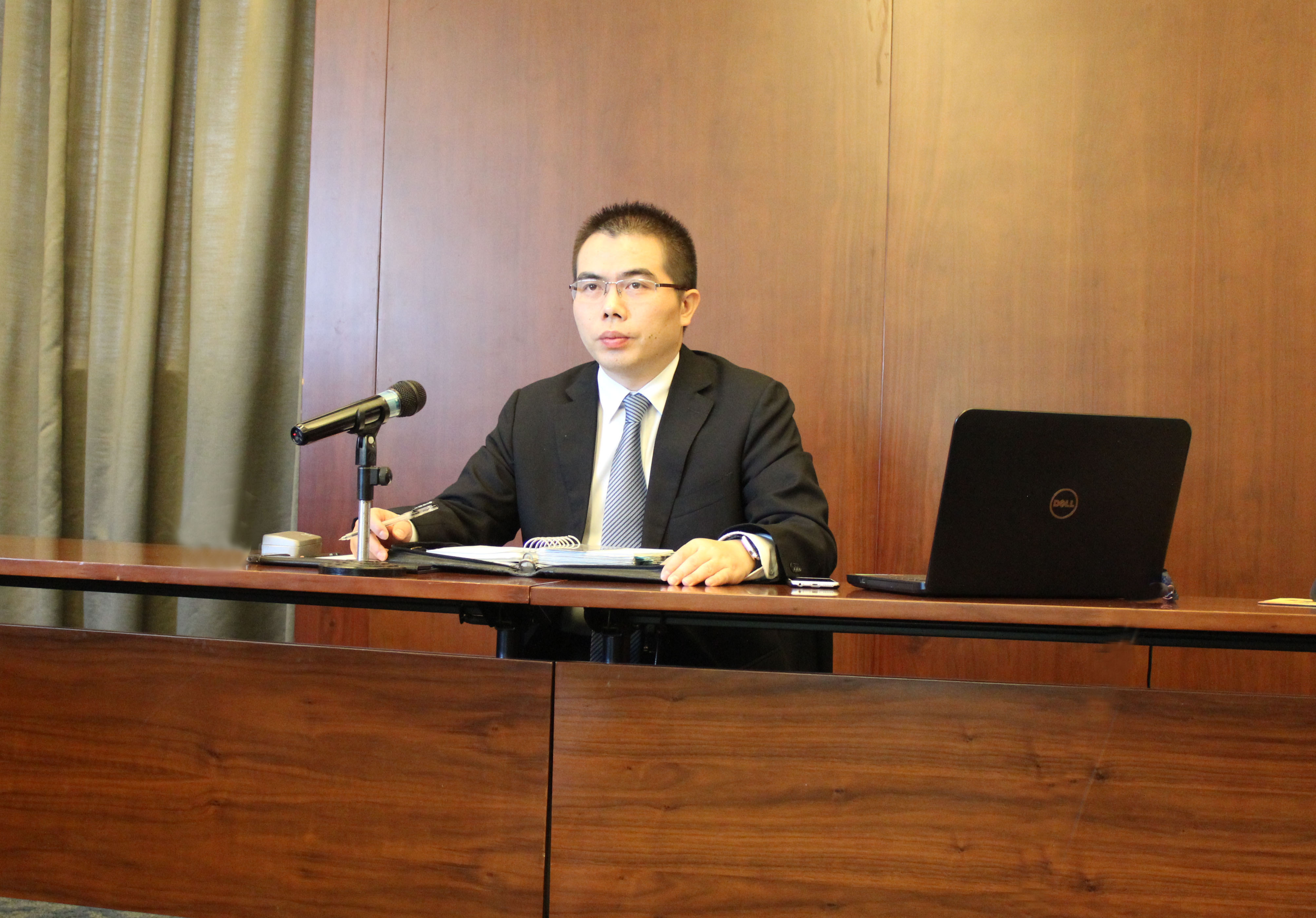
Take the spot, set up a team and build a system
On November 23, Mr. Wang Fenghua, general manager, shared Chen Dong's frequently said to us that "the place where Mr. Wang has been has become clean and tidy; the place where Mr. Wang doesn't often go has become dirty and disordered", as well as his feelings brought by this sentence.

1. Go to the scene more often. "The place where Mr. Wang has been has become clean and tidy" has brought us enlightenment: managers should go to the site to learn more about the situation, to the site for inspection, and to the site to solve problems. Former IBM President Gerstner once said, "subordinates only do the work you check, not the work you want.". Modern management emphasizes process management and control, and we find that inspection is the most easily neglected link in practical work. The purpose of the inspection is to find out the problems in time, correct the deviation in the work in time, and adjust the work deployment according to the actual situation in time. If the manager's inspection is detailed and the supervisor's supervision is timely, the employees can naturally do the work in detail. After a long time, employees will develop good work style and behavior habits. This is also the reason why, since September 2018, the company requires our senior and middle-level cadres to go to the area under their jurisdiction for on-site inspection every day, and report in the "day after day work group".
2. Division of labor and authorization. What's the revelation of "the place where Wang doesn't go often becomes dirty and chaotic"? With the continuous development and expansion of the enterprise, the company has more and more customers and more complicated daily affairs. Because the energy of the company's senior management is limited, some places can't be reached, and some places can't be seen. At this time, business management can no longer rely on personal heroism, and top managers can no longer do everything in person as they did in the early days of entrepreneurship. There is a need for division of labor and authorization within the enterprise, that is, team building is needed, so that professional teams can do professional things, and there is no vacuum in management. In this way, on the one hand, it can reduce the pressure of senior managers, on the other hand, it can make the work of each module more detailed, precise and professional.
3. Build a system. In order to ensure the rationality and standardization of division of labor and authorization, and to form a joint force among all teams, we need to build a system. In terms of system construction, we should do the following three things well.
1) Standards. In terms of standardization construction, from enterprise planning to dress code of employees, unified standards should be established. If the process design is not reasonable, there may be a barrier lake; if the standard is not clear, there will be no unified and measurable lever. The standards of an enterprise include four categories: management standards, working standards, technical standards and product standards.
2)Training. In terms of system construction, we should not only set standards, but also train standards. The purpose of training is to tell employees what to do, how to do it, how to achieve it, and what consequences will be caused if they fail to do it as required. This is also a specific measure to solve the problem of "knowing, being able and willing".
3)Improvement. With the standards in place, standard training has also been put in place. Then, in the management activities, PDCA cycle is used to plan, execute, check and process to continuously improve and optimize the standards.
In a word, it is the company's director's unremitting work to take more sites, reasonably divide labor, authorize and build a system. Only when these aspects of work are done well, can the internal management of the enterprise be standardized, all internal management activities of the enterprise be continued, and the strategic policy of "creating benefits by management" of Ouhai can be implemented.